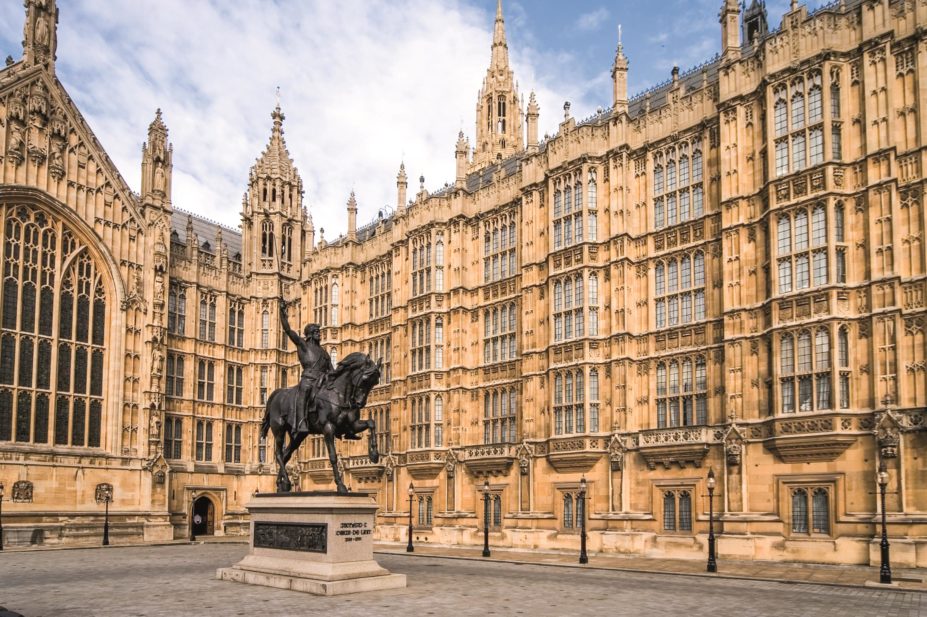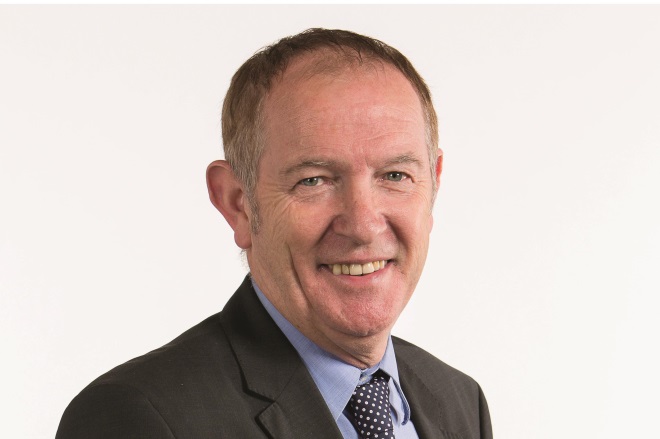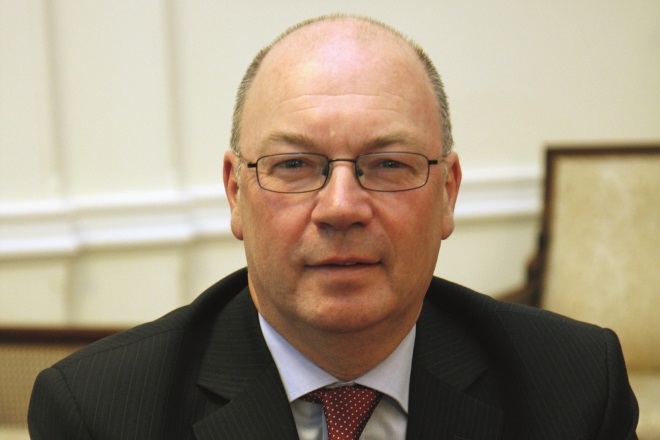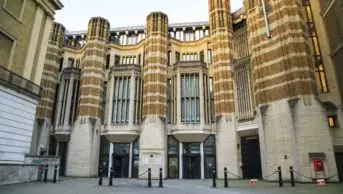
Shutterstock.com
Government plans to slash £170m from the community pharmacy budget in England in October 2016 are uneconomic and short sighted because patients will turn to over-stretched GP services and hospital casualty departments to fill the gap in care, according to MPs speaking at a special parliamentary debate.
Derek Thomas, Conservative MP for St Ives in Cornwall, who led the debate, said the government’s belief that reducing spending on community pharmacy services will generate savings was “perverse”.
Speaking at the House of Commons on 23 February 2016, Thomas told MPs: “The reform of community pharmacy is not something that we can afford to get wrong. Many community pharmacies are important businesses which have been established for decades – a wrong move by the government could make these businesses unviable.”
The proposed funding cuts do not support the transition from a “supply-based service to a more clinical-based service” – one that patients deserve and that the government desires, he added.
Thomas wants the government to carry out a health, economic and social impact assessment on its proposals to reduce community pharmacy numbers. “Don’t write pharmacy off until you have given them the resources to fulfil their potential,” he told MPs at the debate.

Source: Office of Kevin Barron MP
Kevin Barron, Labour MP for Rother Valley and chair of the All Party Pharmacy Group (APPG), described the size of the cuts as “outrageous”
Kevin Barron, Labour MP for Rother Valley and chair of the All Party Pharmacy Group (APPG), described the size of the cuts as “outrageous”, warning that 3,000 community pharmacies could close in England as a result. “That is a quarter of all pharmacies. How will it happen – will that be by stealth or is there some sort of plan? There seems to be no plan whatsoever.”
Roger Mullin, Scottish National Party MP for Kirkcaldy and Cowdenbeath, added: “This cull of pharmacies doesn’t make any sense.”
Oliver Colvile, Conservative MP for Plymouth, Sutton and Devonport in Devon, the government’s pharmacy champion and vice chair of the APPG, said the current consultation on the government’s proposals highlighted the issue of “over-supply of some pharmacies in specific locations”.
He told MPs: “We have some large pharmacy groups who are willing to give up some of their leases on some of their shops… if the government gives them assurance that they will not be given to another chain of pharmacies.”
Many MPs reiterated the pivotal role that community pharmacists play, especially in isolated rural communities, saying they take pressure off GPs, hospital emergency departments and provide crucial support to particularly vulnerable patients who trust them and find them accessible. Stephen Pound, Labour MP for Ealing North, said the profession was “performing miracles on the high street”.
But there was concern about government proposals to change dispensing models. Moving towards an American-style system of “commoditised medicines dispensing” would threaten the clinical potential of pharmacists, according to Barron.
Graham Jones, Labour MP for Hyndburn, Lancashire, said pharmacists were being attacked on two fronts — a reduction in government support and by market forces. He highlighted the move towards ‘Amazon-style’ wholesale pharmacies “driven by profit”, adding that not everybody is online or able to support remote arrangements. “This erodes the public services element which pharmacies provide,” he told MPs.

Courtesy of Foreign and Commonwealth Office
Health minister Alistair Burt told MPs that negotiations were at an early stage and that the proper negotiating process was being followed
Health minister Alistair Burt sought to reassure MPs — and pharmacists — that the negotiations on the 6% budget cut were at an early stage. “Many of the questions [from the debate] are at the heart of these discussions. Not all the answers are available at this stage; we are going through the proper negotiating process.”
Burt acknowledged that the profession had a greater role to play in primary care and public health and reiterated that the £300m being spent via the integration fund provided pharmacists with a route to that end. “That is part of the overall development that we are hoping to make.”
But he added it was wrong to think that cost reductions never brought about improvements to services. “Sometimes change is inspired by necessity and for the better,” he told MPs at the debate.

